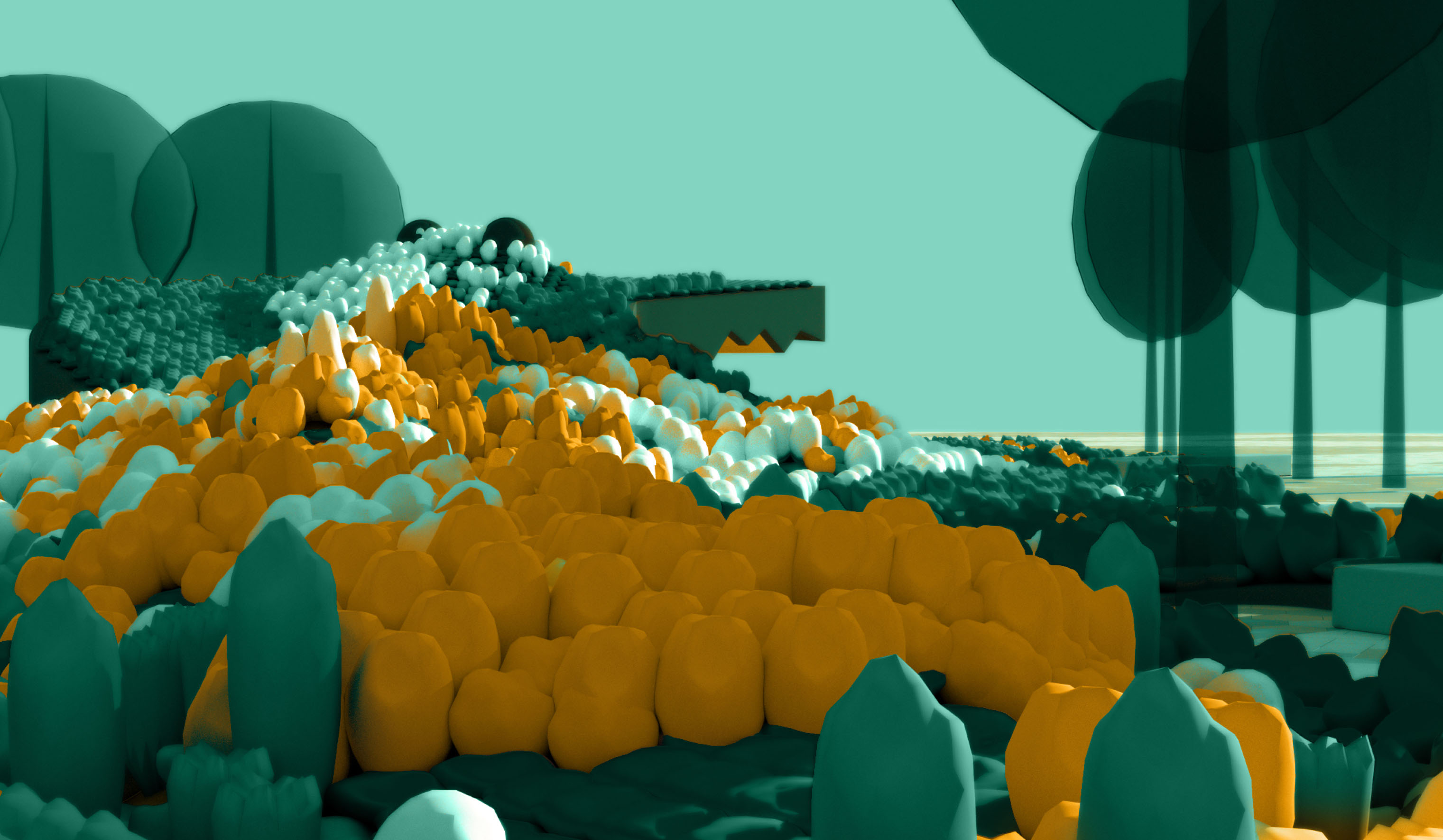LANDAU Design+Technology
9/30/2024Leave a Comment

By Chris Landau and Daniel Rodríguez-Colón
The ambition of landscape architects cannot be overstated. This industry does WAY too much without the proper tools to respond to change. There, I said it. There are a lot of ways that we can fix this, for sure, like trying to adjust our expectations (which is honestly really sad) or asking for higher fees and add services (good luck). Among these other leverage points in the system, there is the looming threat of AI challenging our industry and creativity. At LANDAU Design+Technology we are building a computational design foundation that includes AI as a properly integrated tool in the fight for climate resilience and biodiversity--making it an ally as opposed to an adversary.

Example from UVA coastal resiliency workshop
As the climate changes, urbanization intensifies, biodiversity plummets, and water levels rise, we can’t keep employing the same tools to fight these new problems, late nights, scales, calculators, and erasers. We have to get clever; we have to leverage computational design systems to help us.
We don’t have to scrap what we love most about landscape architecture; we need to preserve those moments that make it more rewarding. Drawing is a beloved part of the profession, but redrawing, rehatching, re-documenting, revising, recutting, and retrimming in CAD, BIM, and 3D is where we burn out. Granted, some software continues to create new efficiencies for this redrawing process, but it’s still redrawing. The promise of greater efficiency has us working harder for less.
Imagine what we can do though, if we really start to build relationships with landscape operations and leverage data and analysis to create generative, iterative 3D models. Tools like Land Kit and Grasshopper integrate automation (even automating tools like ChatGPT and Stable Diffusion ), all while maintaining authorship of your designs.

Iterations incorporating AI and parametric tools with Land Kit
So let’s start incorporating the right tools to create financially sustainable and environmentally impactful design.


.png)
.png)
.png)
.png)
.png)
(1).png)

